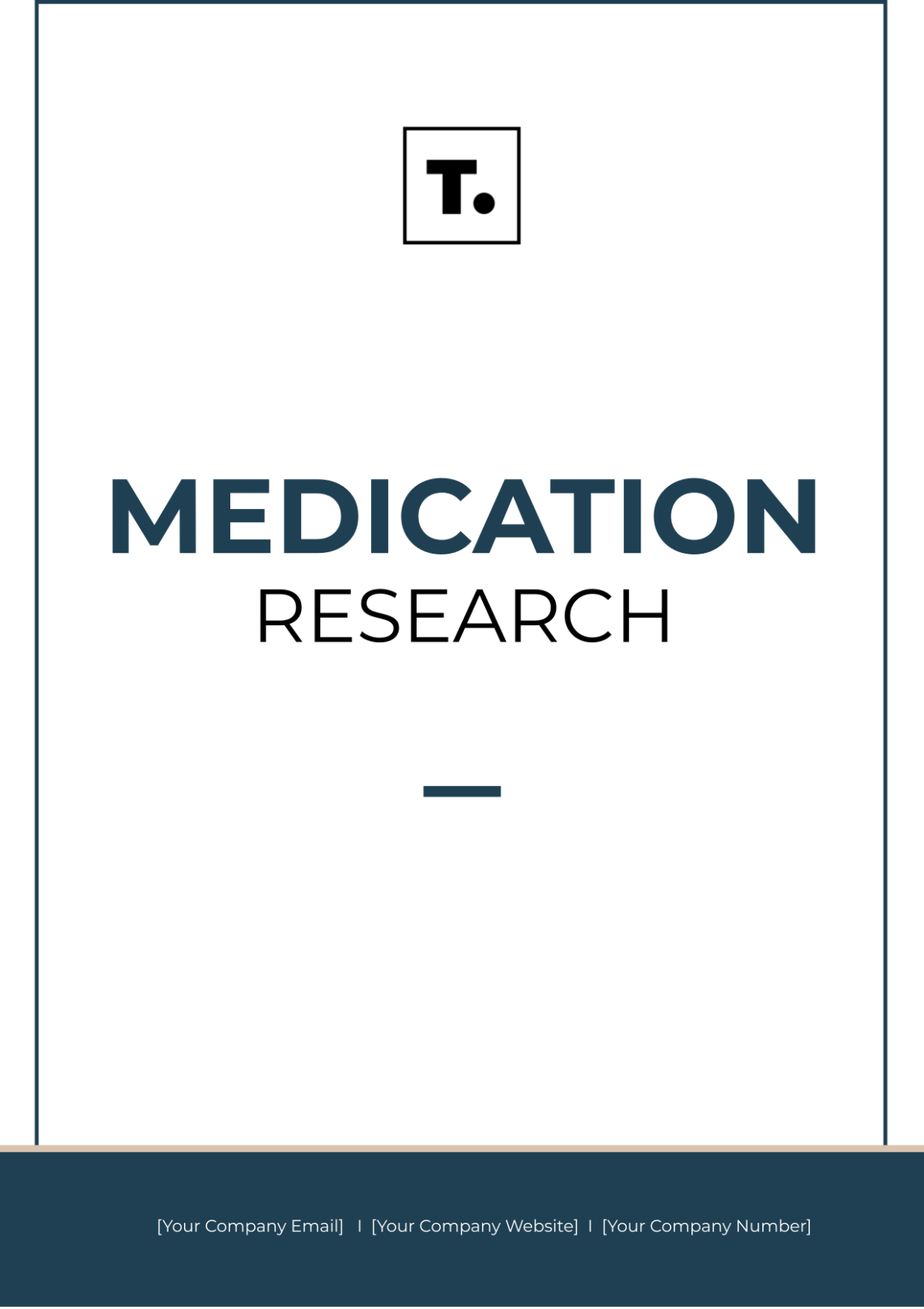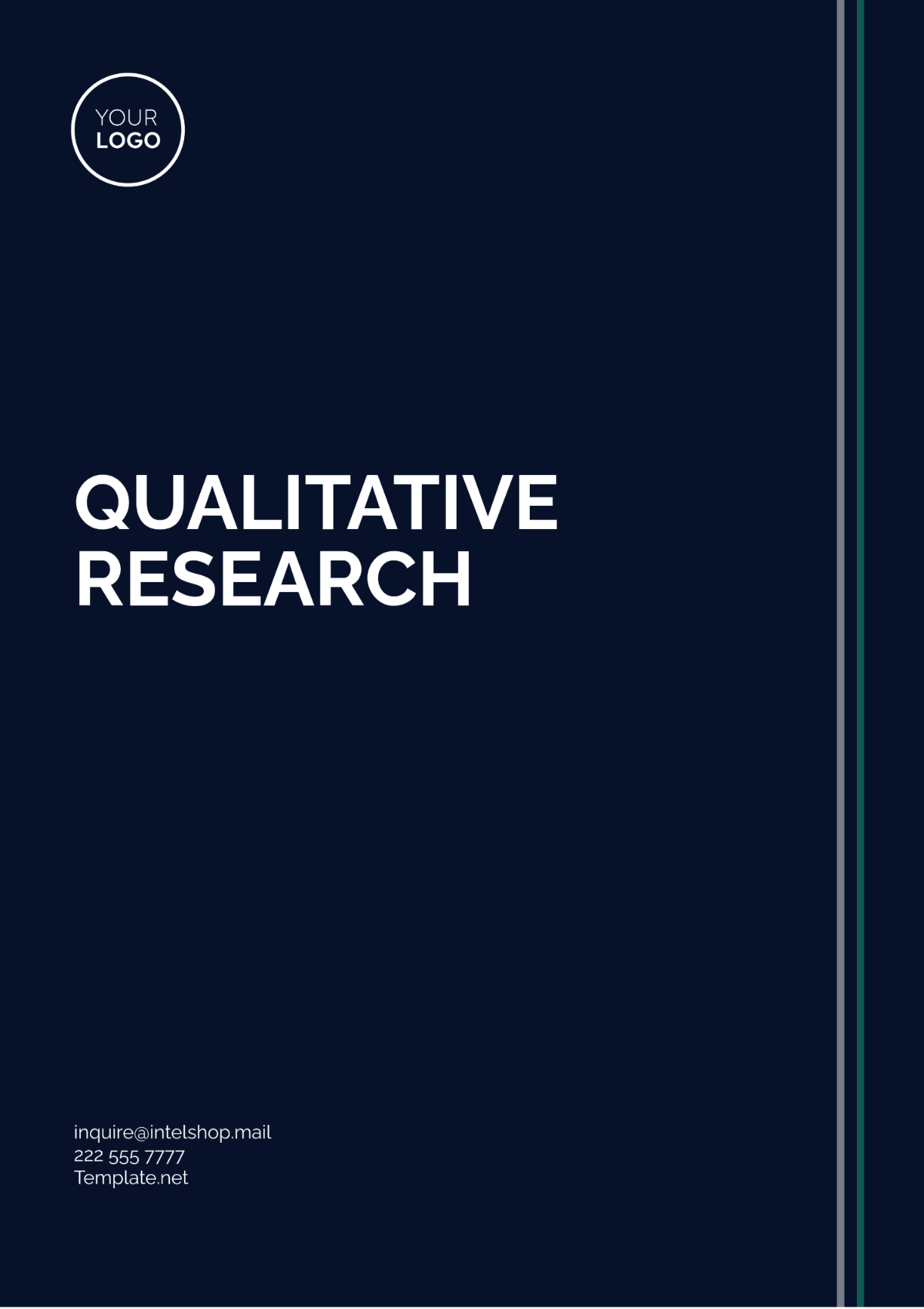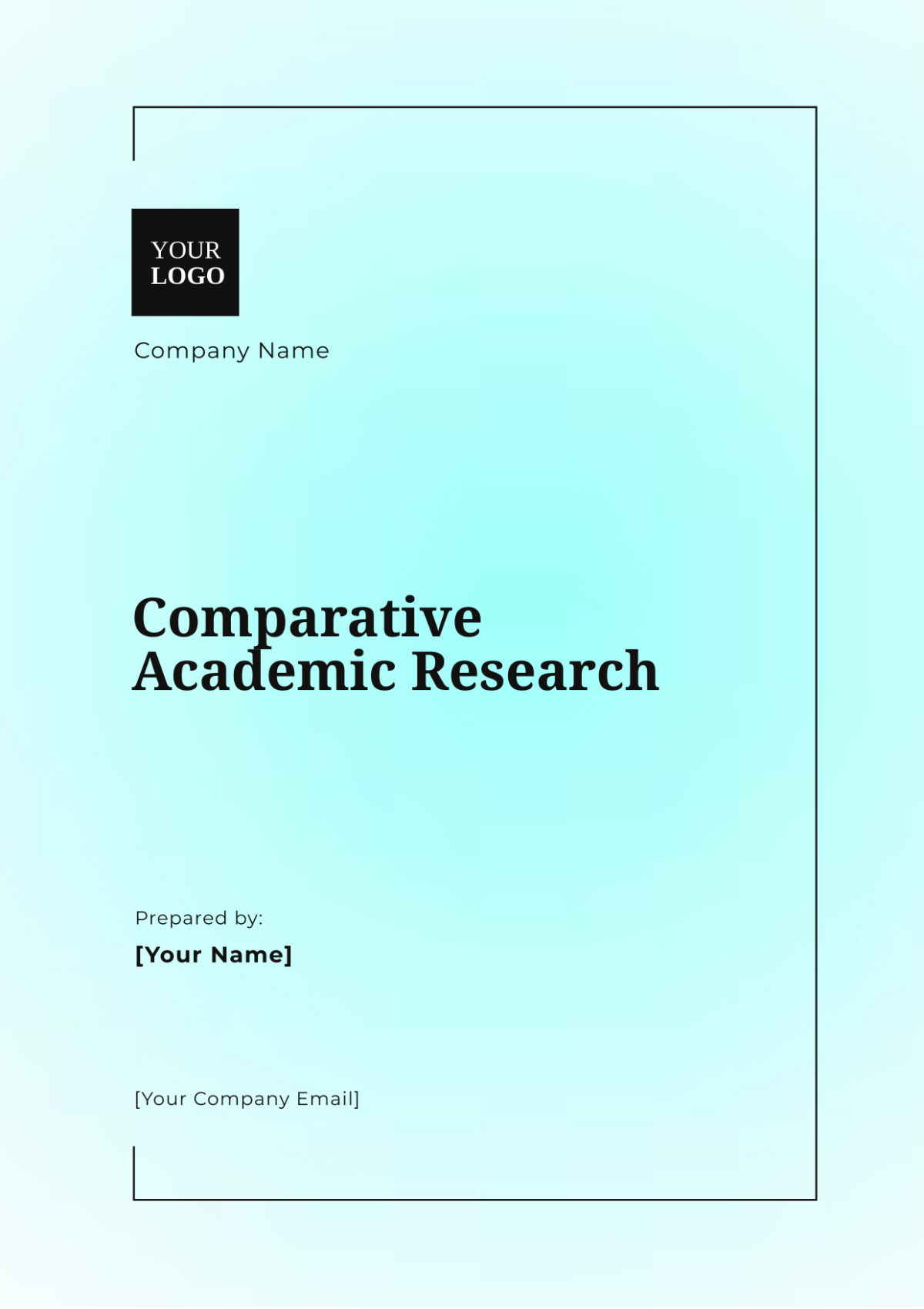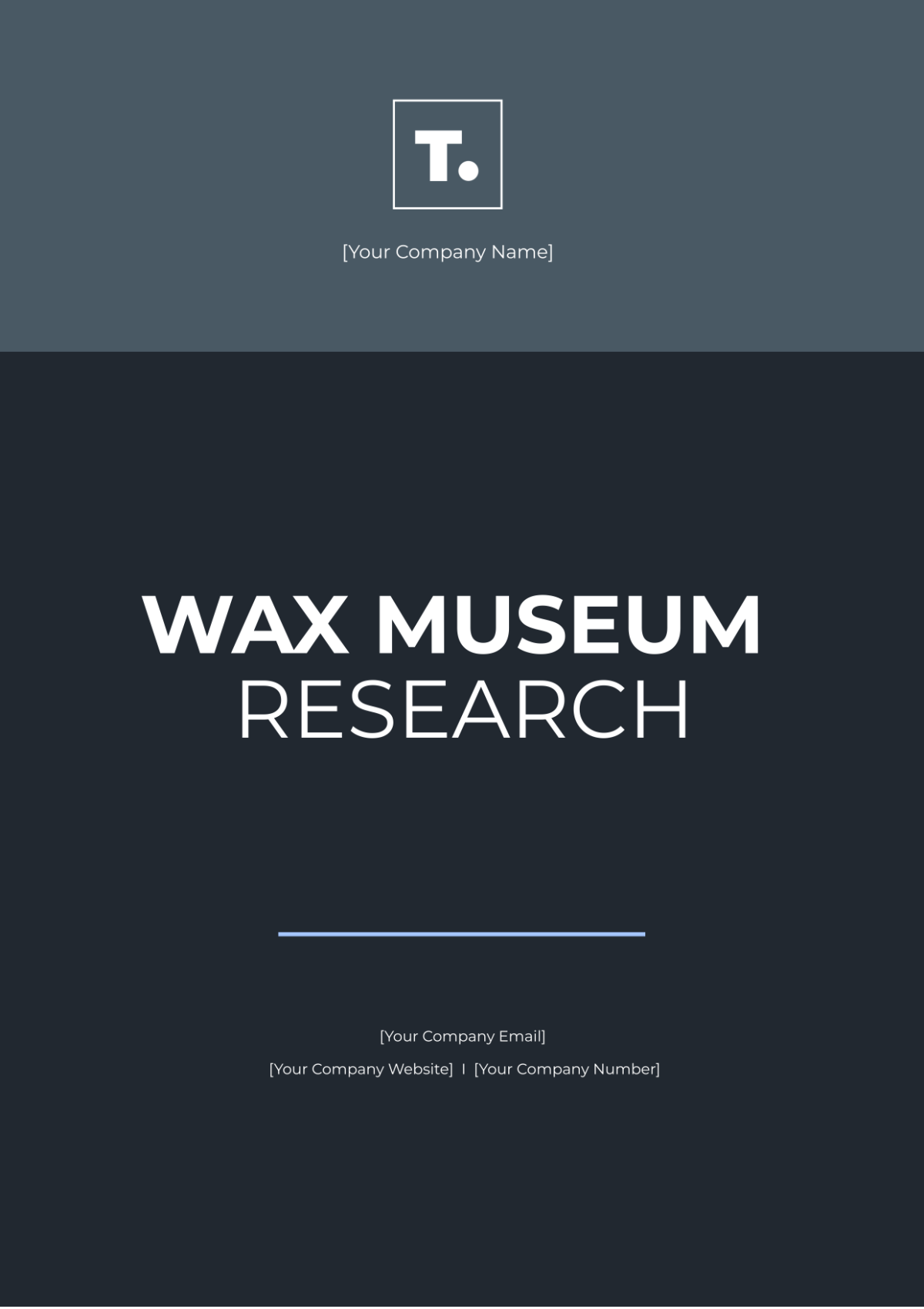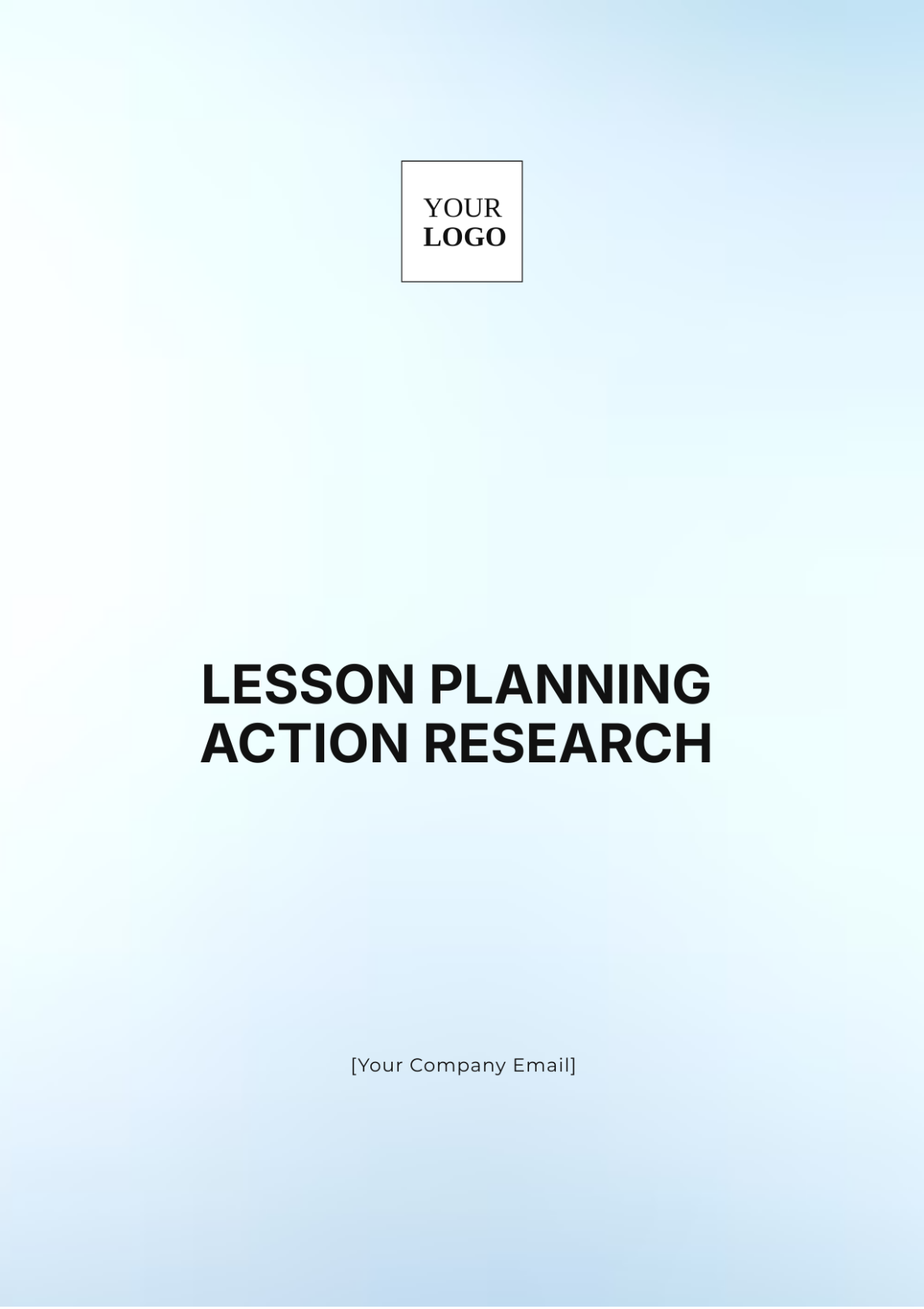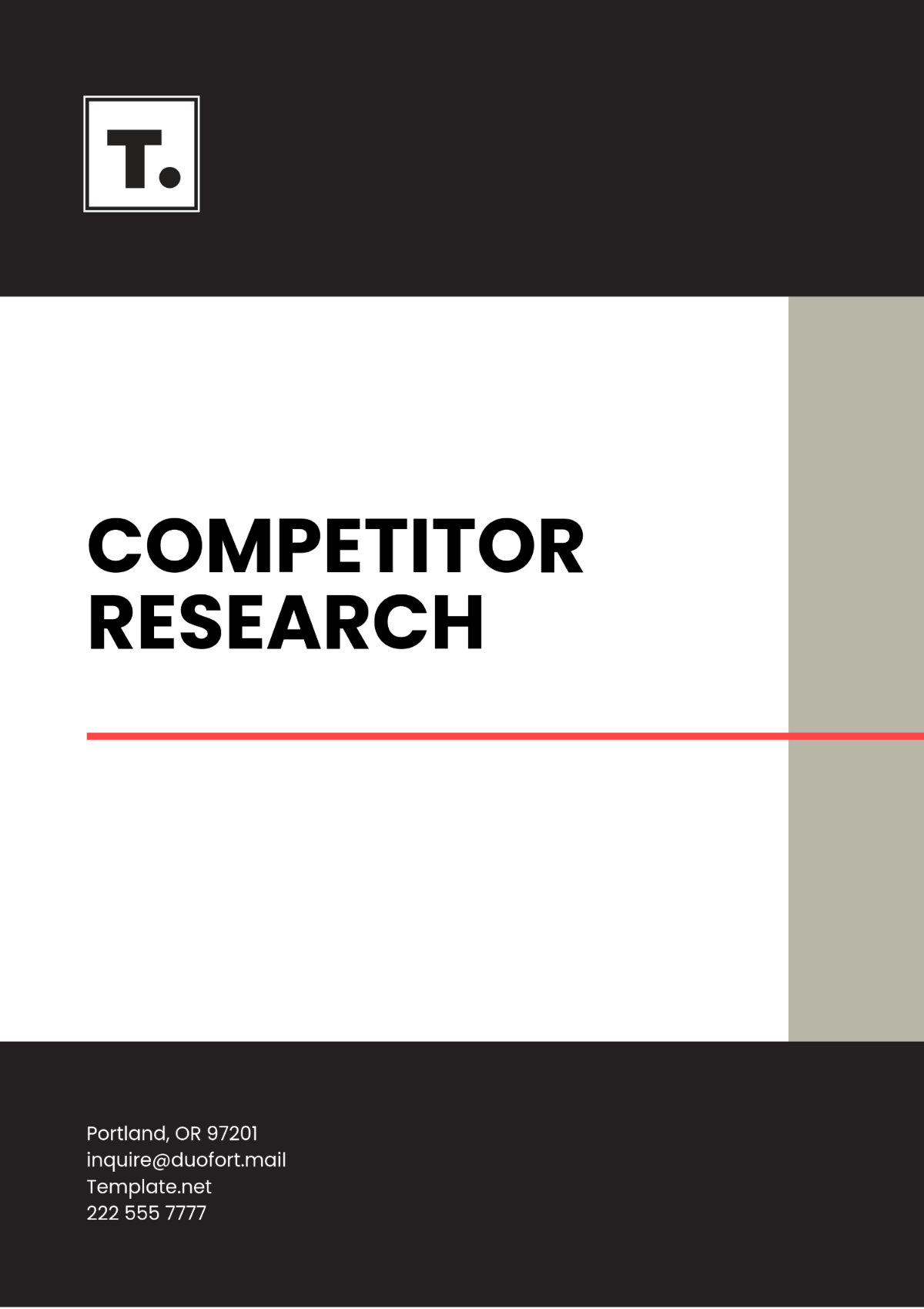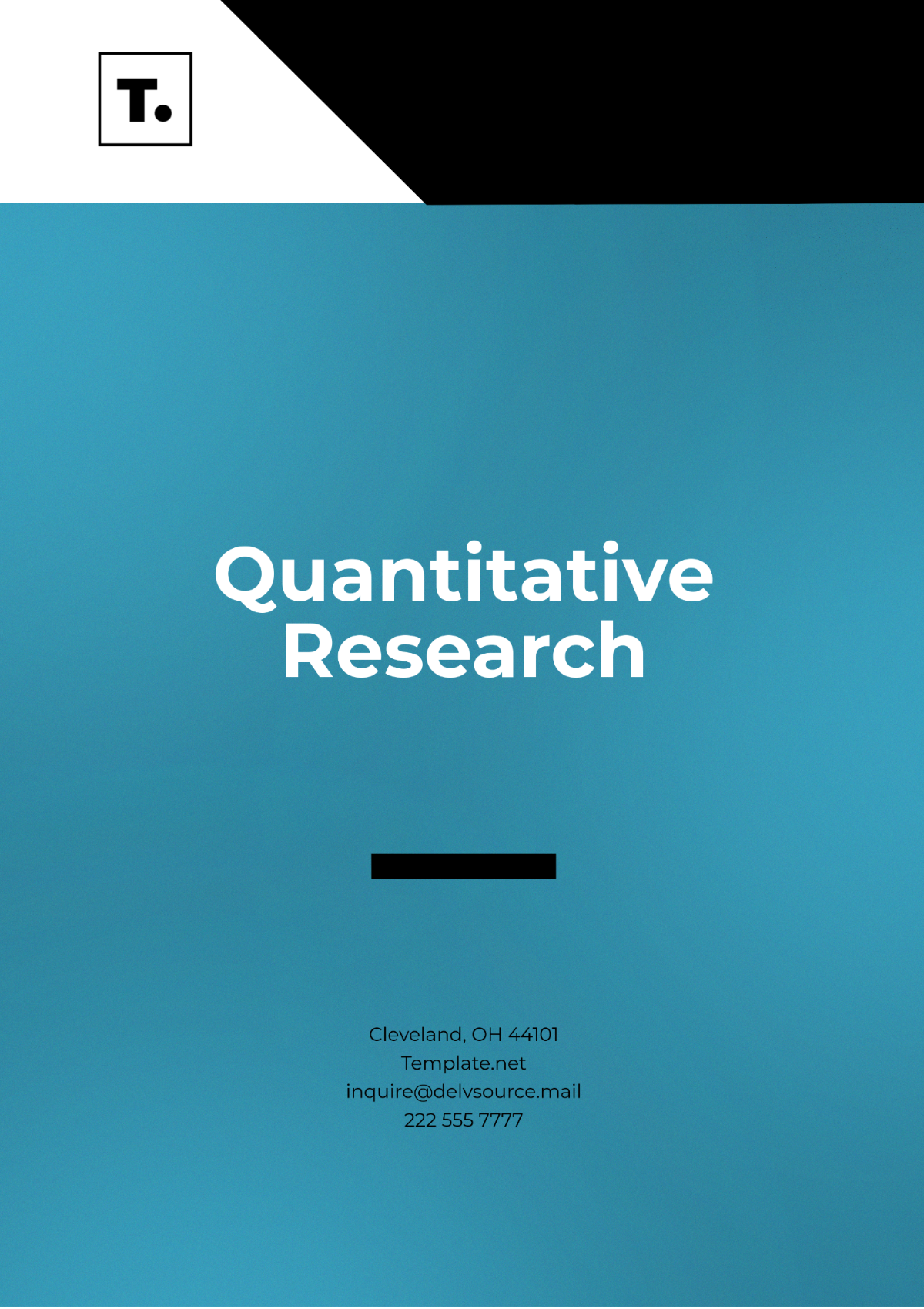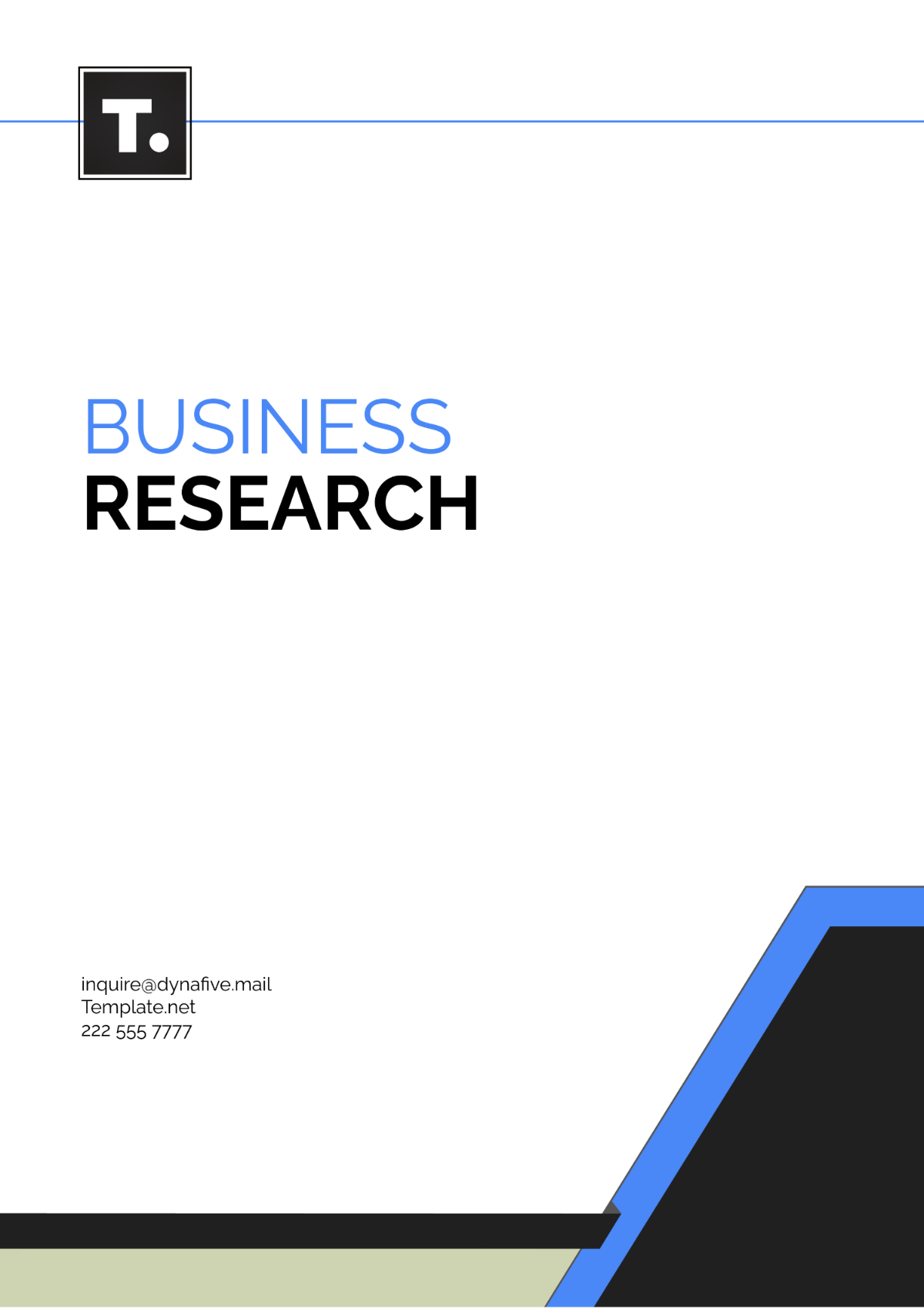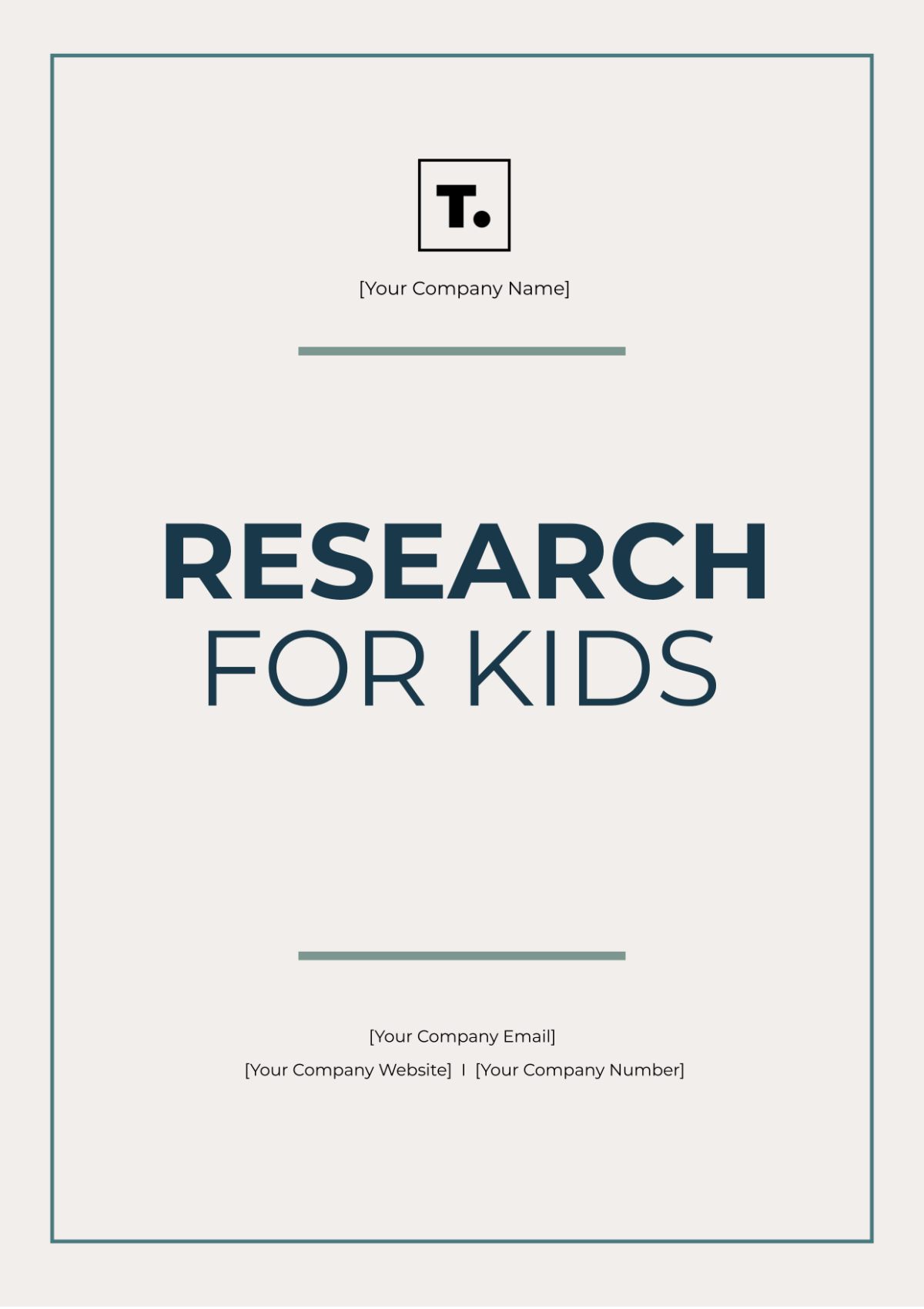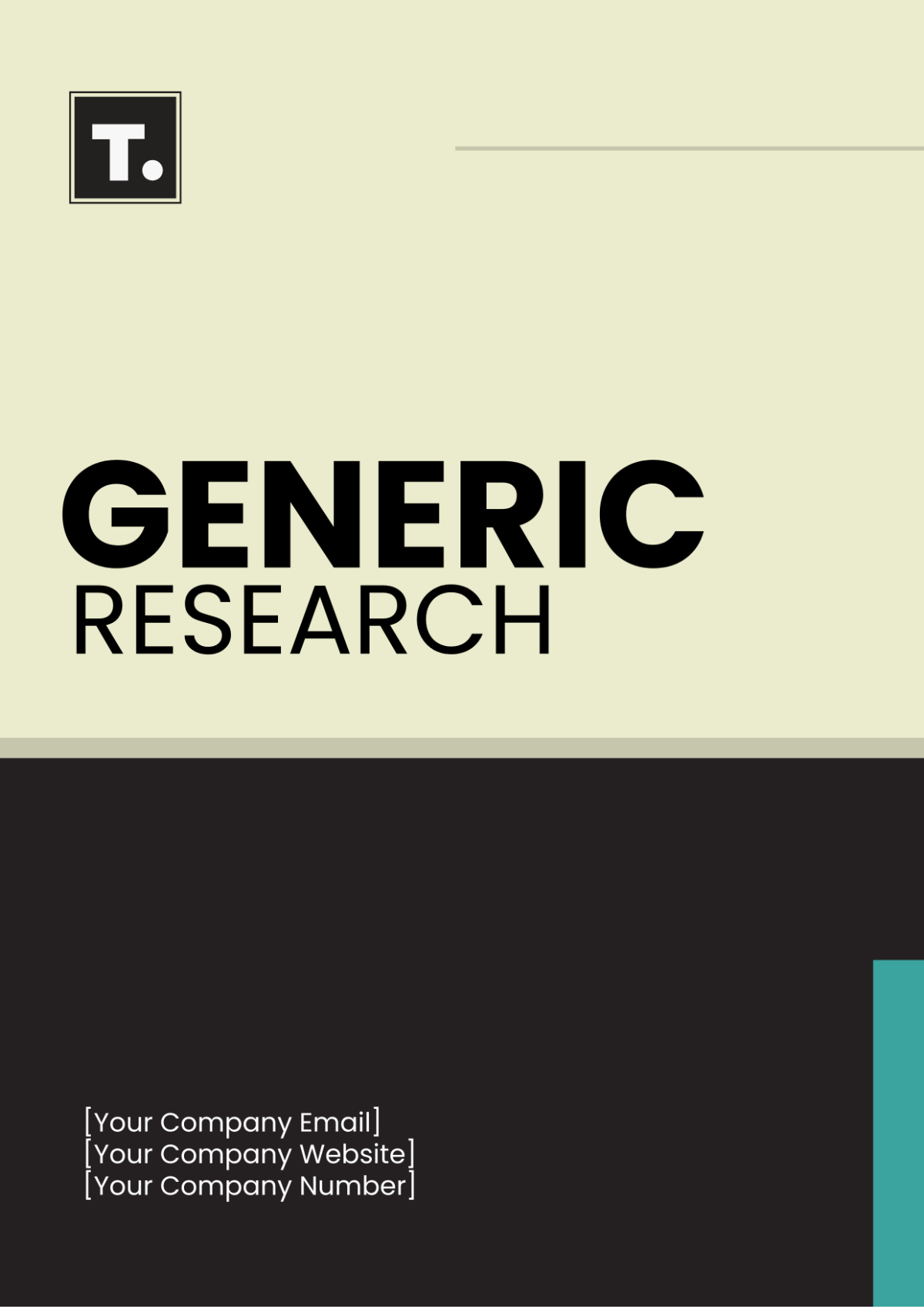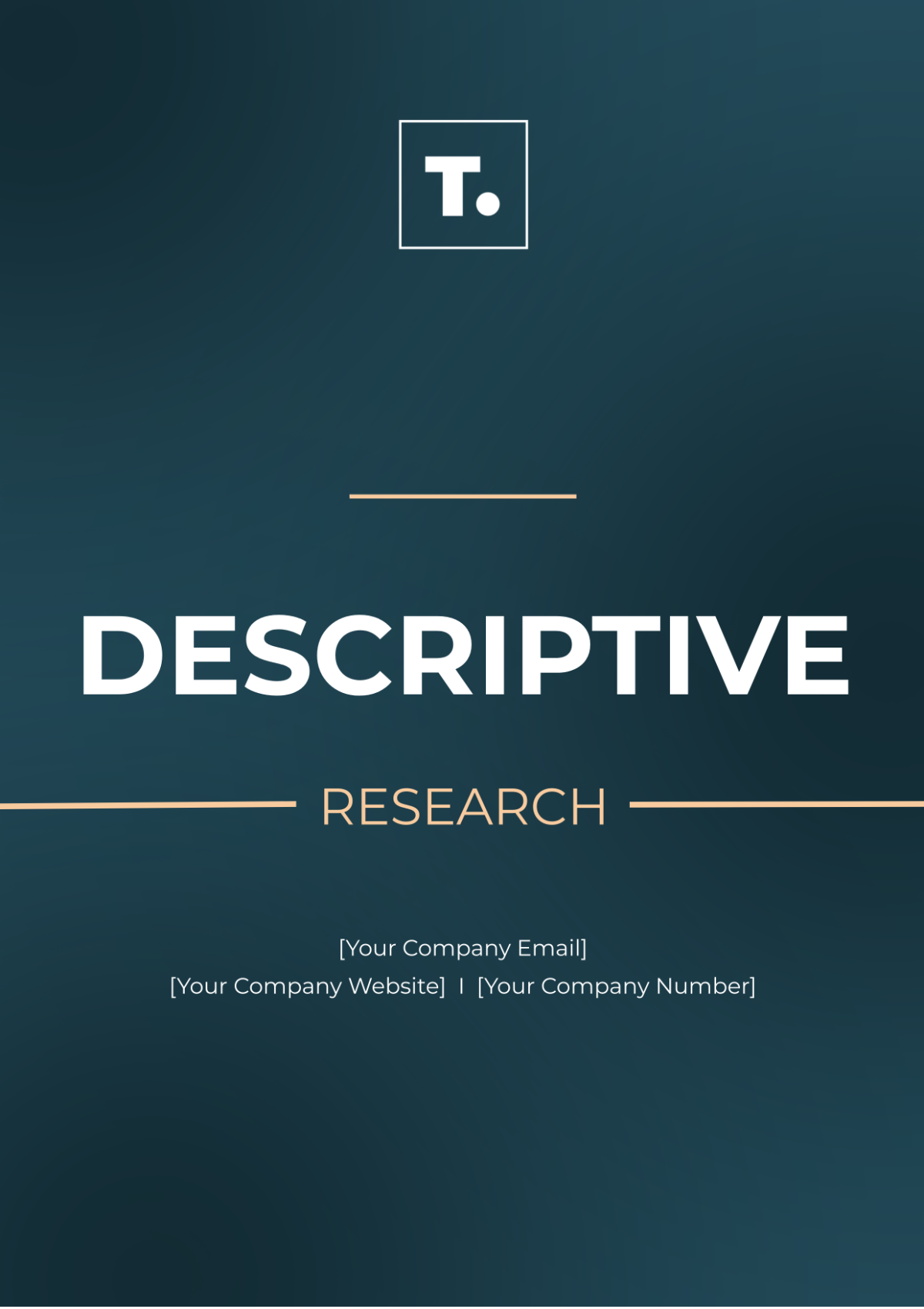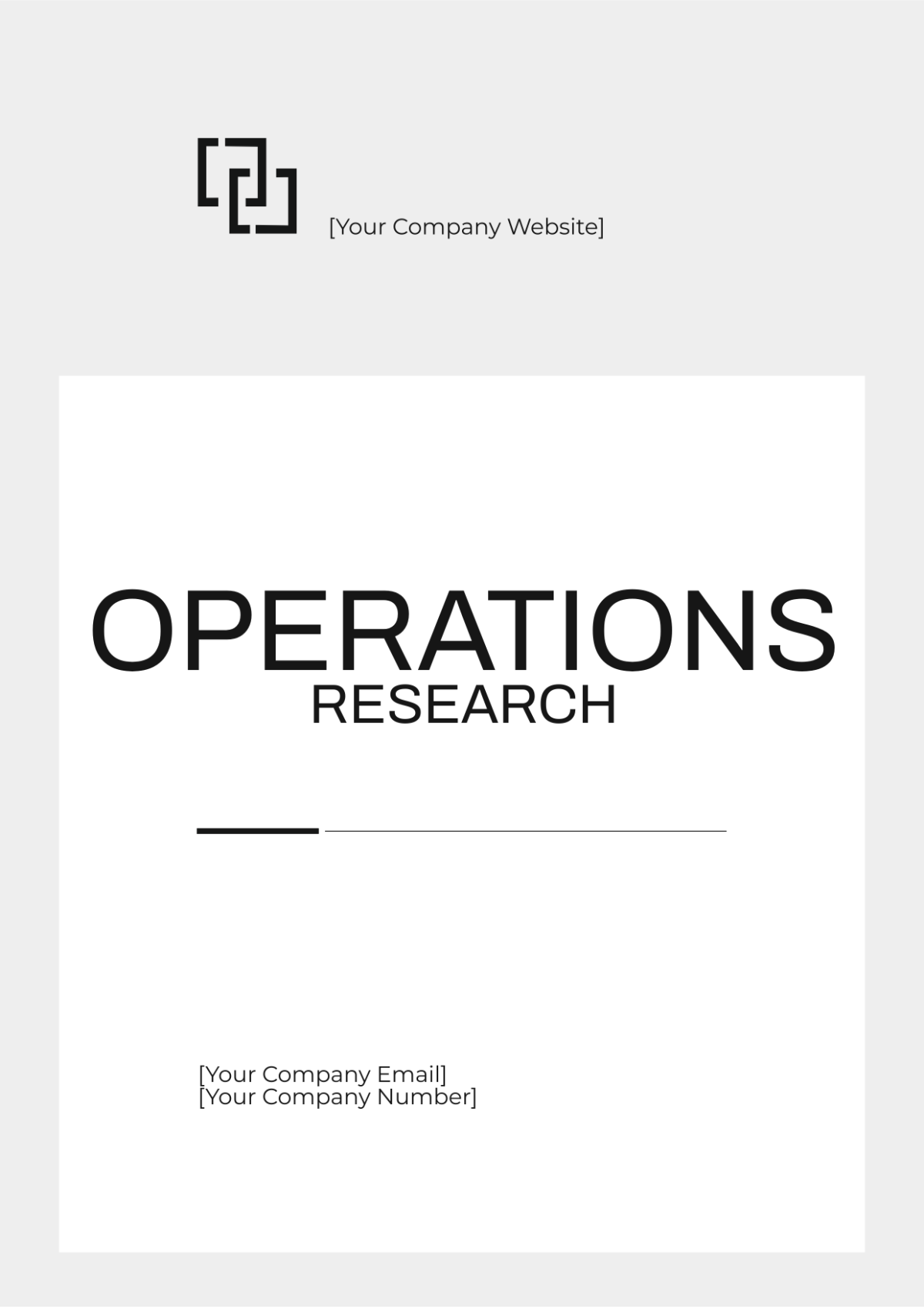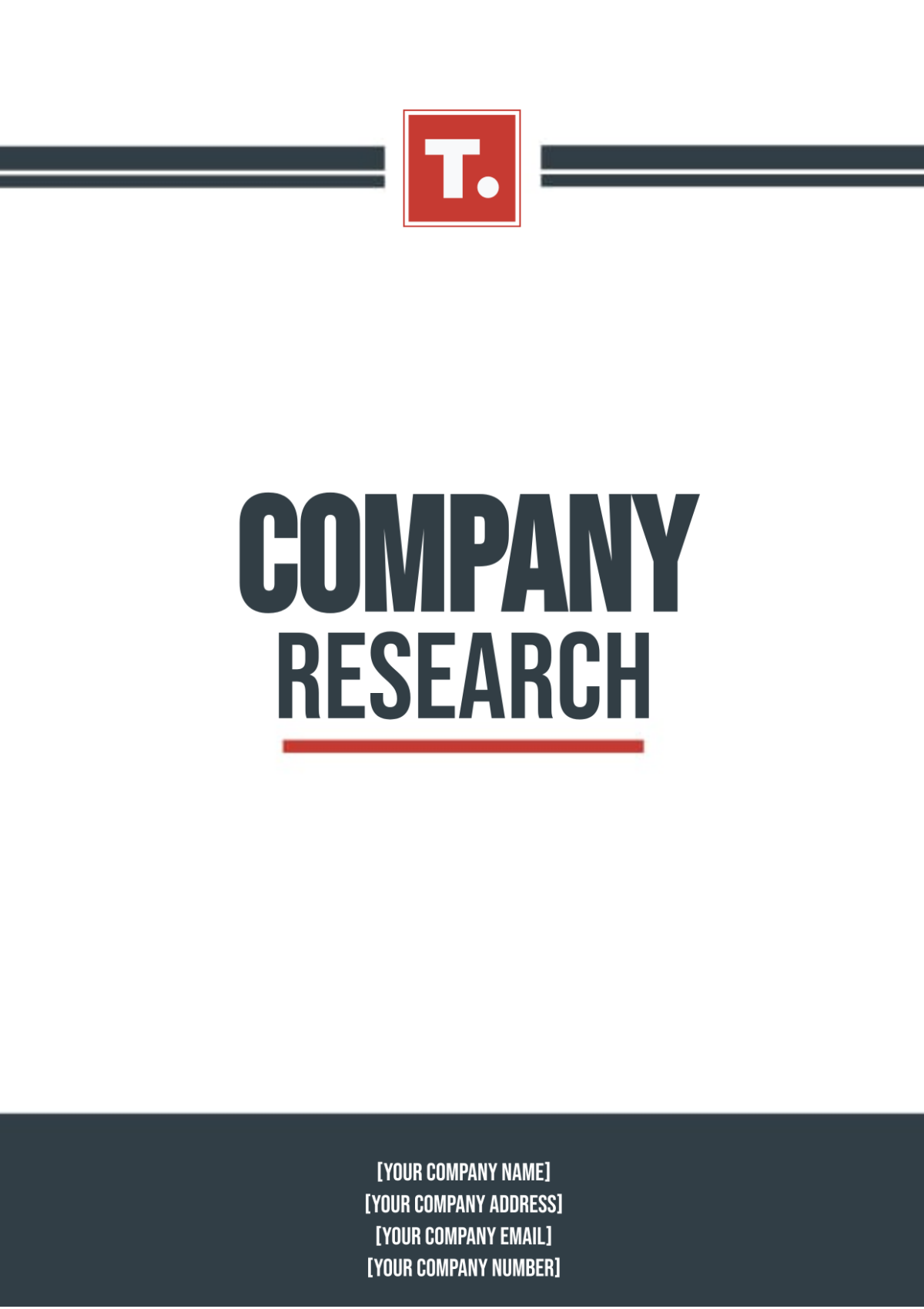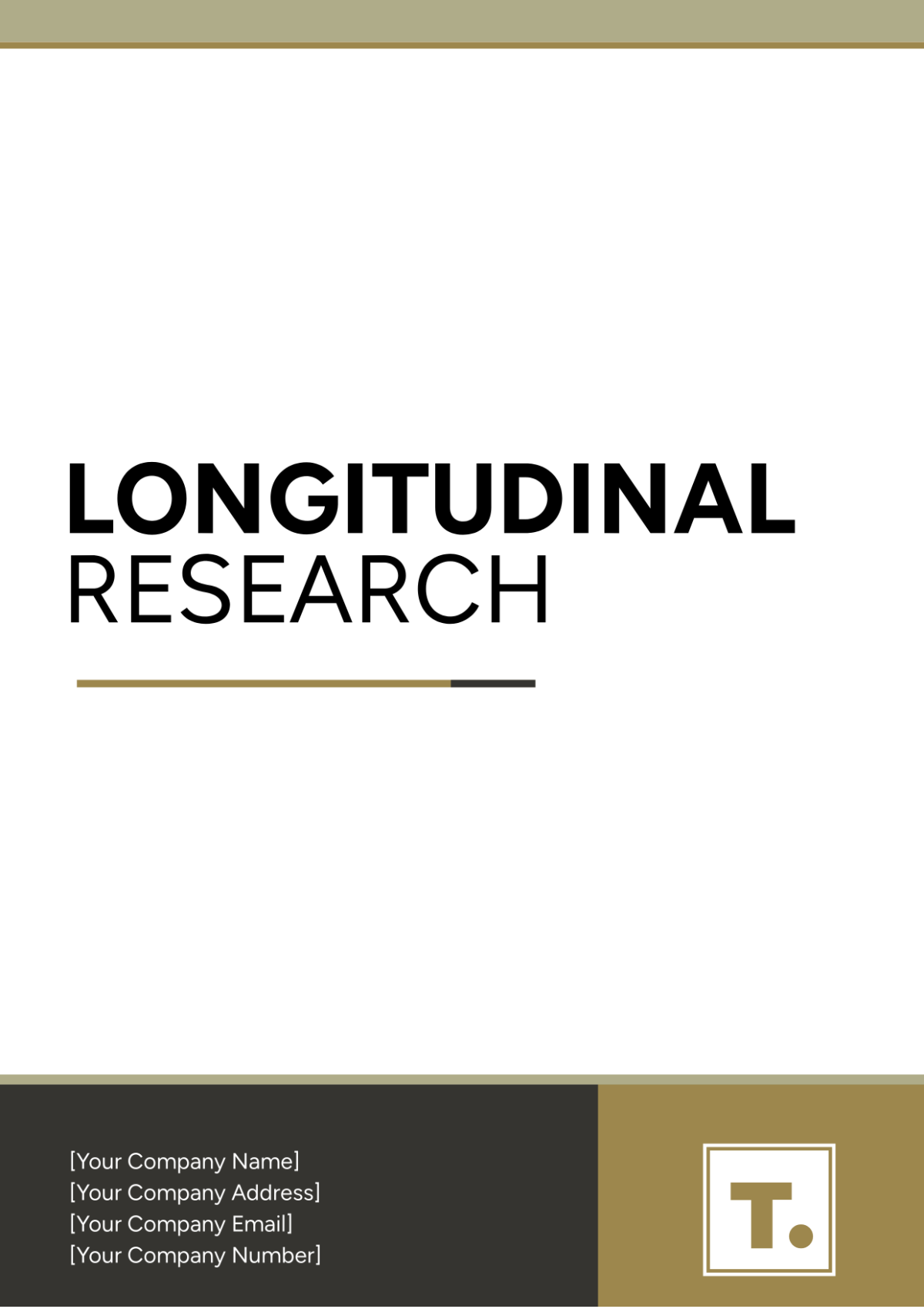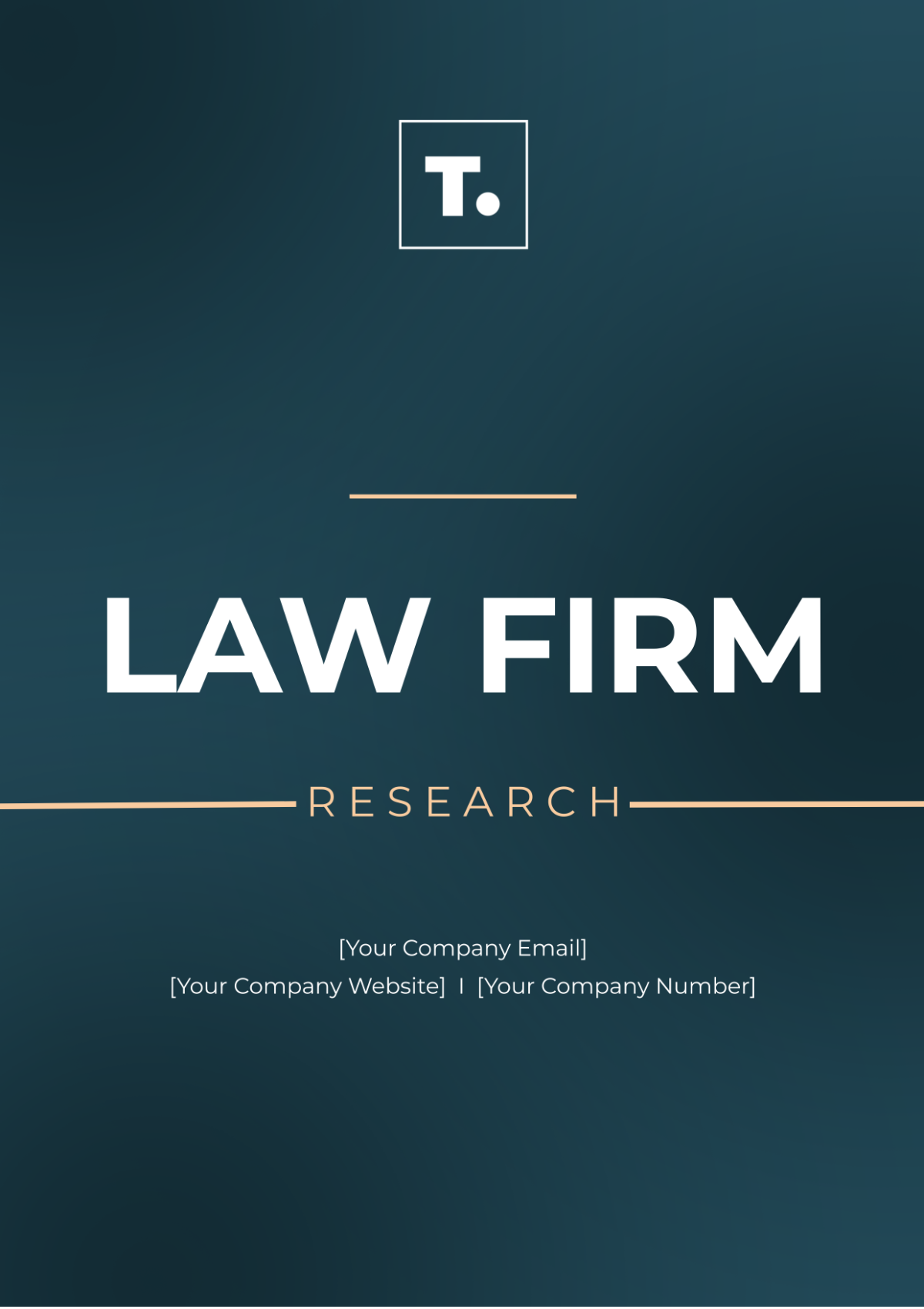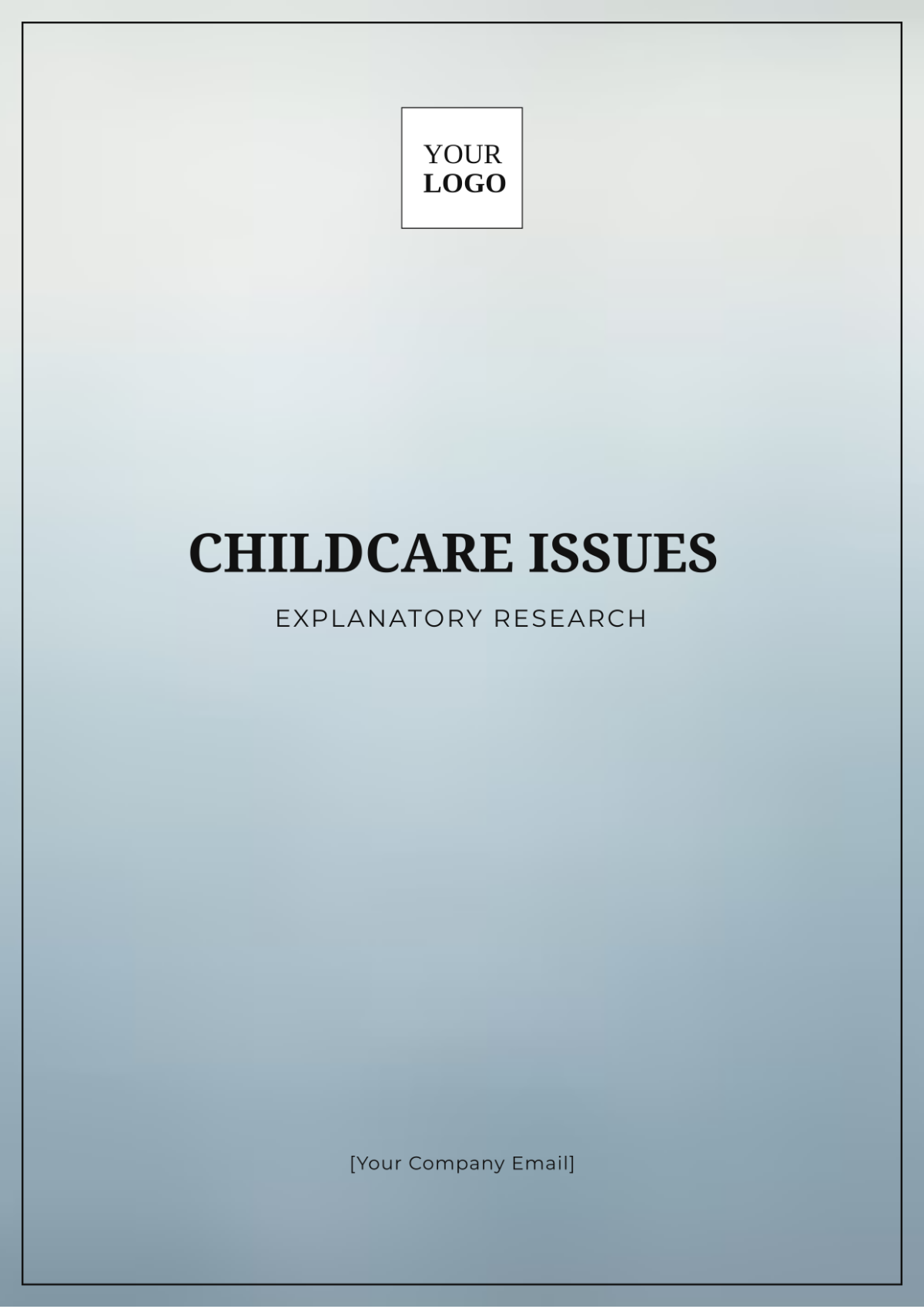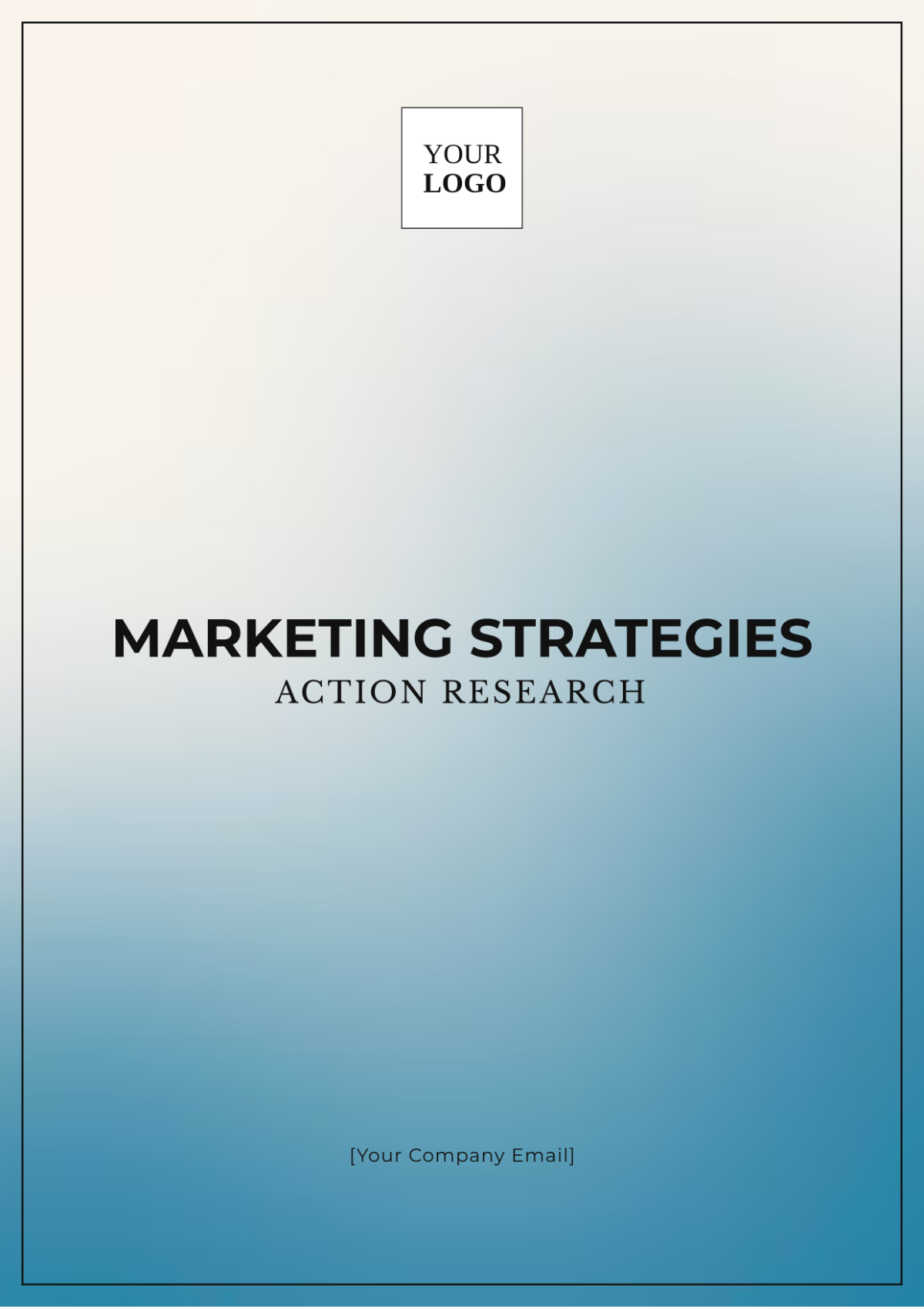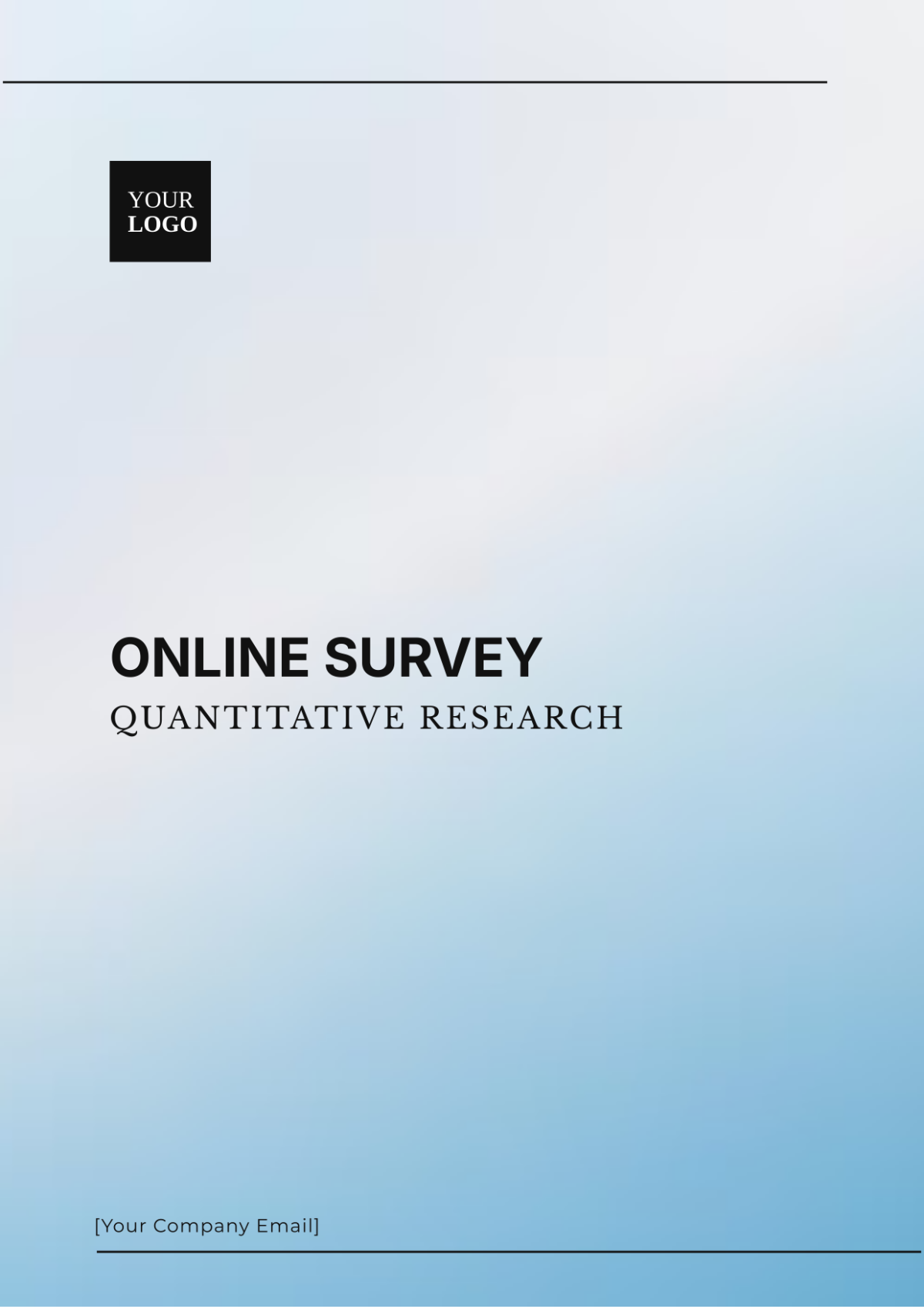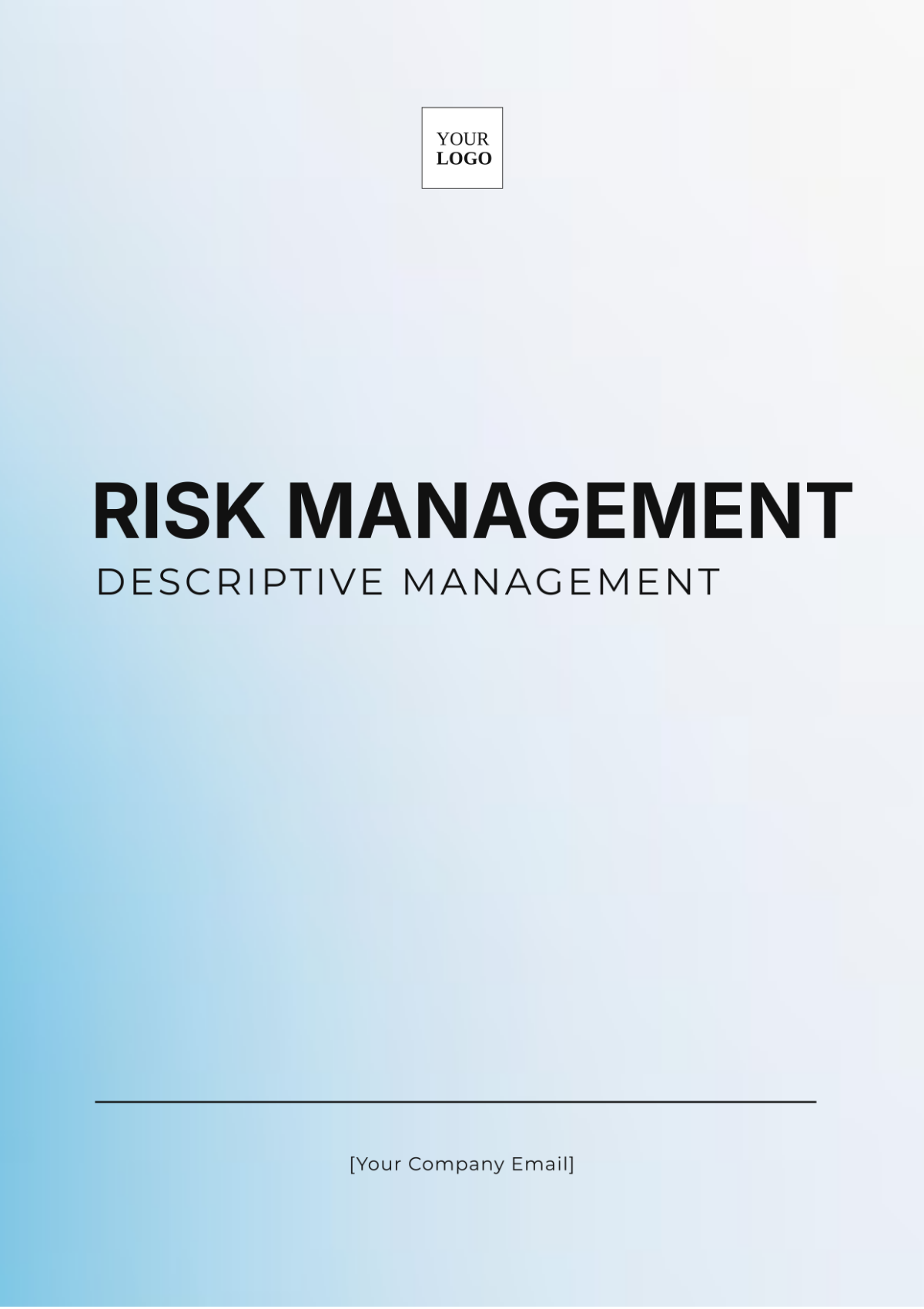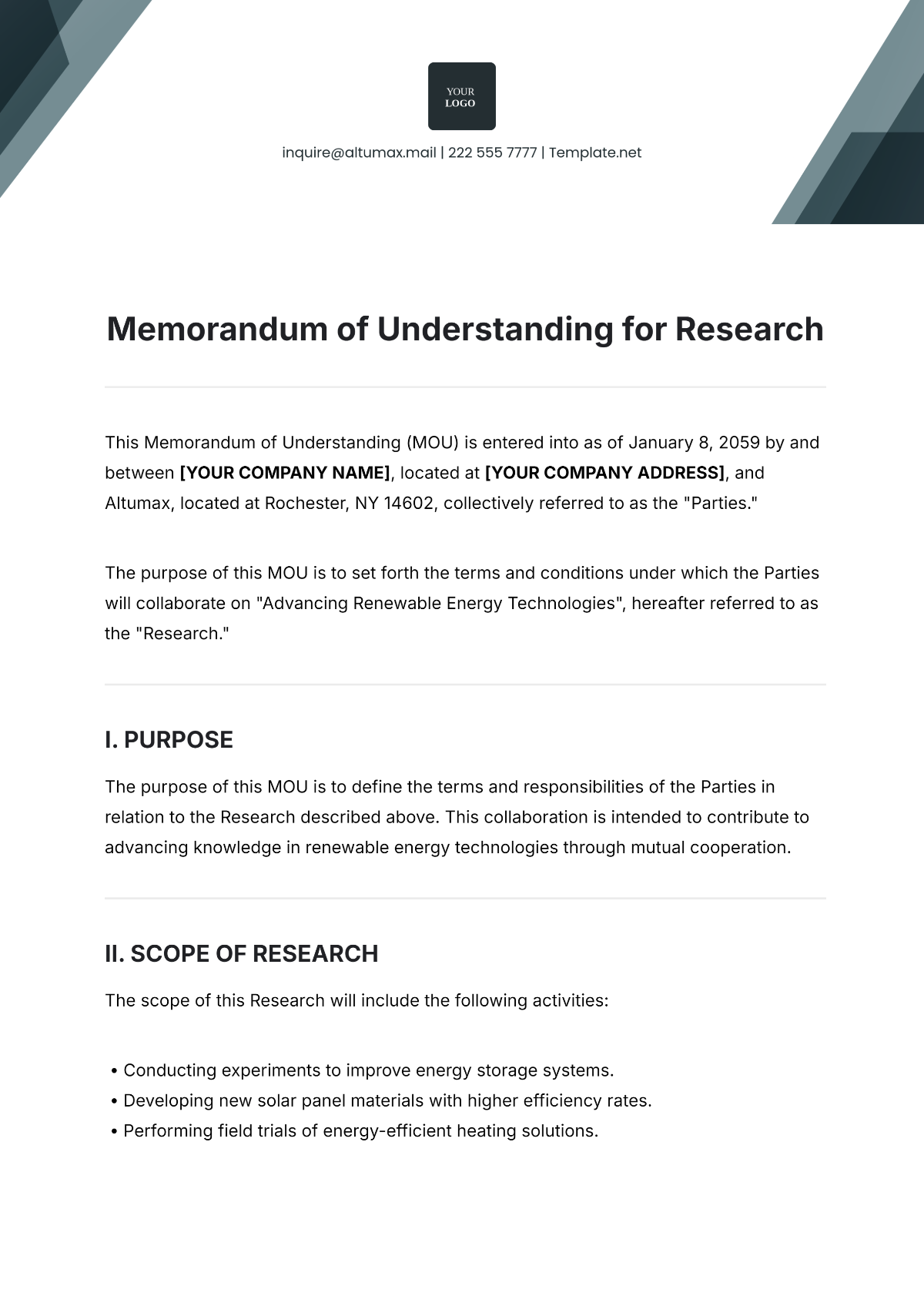Career Development Action Research
Prepared By: [Your Name]
Date: [Date]
1. Introduction
Career development is a crucial aspect of both individual and organizational success. As organizations and employees strive to adapt to the evolving job market, it is essential to continually assess and improve career development practices. This Career Development Action Research aims to systematically investigate and enhance career development practices within [Your Company Name]. The goal is to identify and address challenges and gaps in the current career development processes and to implement and evaluate strategies that will enhance career progression and effectiveness.
2. Literature Review
2.1 Theories of Career Development
Super’s Life-Span, Life-Space Theory: This theory emphasizes the evolution of career development through different life stages and the impact of life roles on career progression.
Holland’s Theory of Career Choice: Focuses on how individuals' career choices align with their personality types and work environments.
2.2 Best Practices for Career Development Programs
Career Pathing: Develop clear career paths to offer employees well-defined advancement opportunities, helping them understand how to progress within the organization.
Mentorship and Coaching: Implement effective mentorship and coaching programs to provide guidance, support, and professional development, fostering career growth and skill enhancement.
Training and Development: Continuously offer learning opportunities and skill development programs to ensure employees stay current and can advance in their careers.
2.3 Impact on Employee Satisfaction and Organizational Success
Employee Engagement: Strong career development programs are closely linked to higher employee engagement and satisfaction. Employees who see clear paths for growth and development are more motivated and committed.
Organizational Performance: Investing in career development contributes to improved productivity and lower turnover rates. Effective programs can enhance overall performance and create a more resilient workforce.
2.4 Case Studies
Example 1: A technology company that successfully revamped its career development program to reduce turnover and increase employee satisfaction.
Example 2: A financial services firm that implemented a new career coaching initiative, leading to measurable improvements in employee performance and retention.
3. Methodology
3.1 Research Design
The research utilizes a mixed-methods approach, combining quantitative and qualitative data to provide a comprehensive analysis of career development practices.
3.2 Data Collection
Surveys: Employees will complete surveys to provide insights on their experiences with current career development programs, including their perceptions of effectiveness and areas for improvement.
Interviews: In-depth interviews will be conducted with HR professionals, managers, and other key stakeholders to gain qualitative insights into current challenges and potential solutions.
Document Analysis: Review of existing career development policies, procedures, and program materials to assess their alignment with best practices and organizational needs.
3.3 Data Analysis
Quantitative Analysis: Statistical analysis of survey data to identify trends, patterns, and correlations.
Qualitative Analysis: Thematic analysis of interview transcripts and document reviews to uncover recurring themes and insights.
4. Findings
4.1 Current Career Development Practices
Overview of Existing Programs: The organization currently offers basic training programs and generic career development workshops. These programs lack personalization and do not adequately address individual career goals.
Employee Feedback: Survey results reveal that 60% of employees feel the career development programs are not sufficiently tailored to their needs, and 50% believe there are limited opportunities for career advancement.
Gap Identification: Key gaps identified include a lack of personalized career planning, insufficient training programs, and unclear career progression pathways.
4.2 Challenges and Gaps
Personalization: Many employees find that their career development plans are generic and do not align with their personal aspirations or career goals.
Training Opportunities: Existing training offerings are limited in scope and do not include advanced skills or leadership development.
Career Path Clarity: Employees report confusion regarding the criteria for promotions and career progression within the organization.
5. Analysis
5.1 Impact of Identified Gaps
Employee Satisfaction: The gaps in career development practices are contributing to lower employee satisfaction and increased turnover rates. Employees feel unsupported in their career growth, leading to disengagement.
Organizational Performance: The lack of effective career development strategies is affecting organizational performance, with lower productivity and higher turnover rates impacting overall success.
5.2 Best Practices and Benchmarking
Industry Comparison: Comparing current practices with industry leaders shows the need for a more structured and personalized career development approach.
Adaptation of Best Practices: Adopt personalized career plans and expand training programs based on successful models to enhance career development.
6. Recommendations
6.1 Enhancing Career Development Programs
Personalized Career Plans: Development of individualized career development plans to address specific employee needs and career goals.
Expanded Training Programs: Introduction of new training and development initiatives to support skill enhancement and career growth.
Clear Career Pathways: Establishment of well-defined career progression paths to provide employees with clear advancement opportunities.
6.2 Implementation Plan
Timeline: Rollout of new career development initiatives will occur over the next six months, with phased implementation and regular progress reviews.
Resource Allocation: Allocate the budget for new training programs and mentorship initiatives, and assign a dedicated team to oversee the implementation.
Roles and Responsibilities: HR will lead the development of personalized career plans and new training programs, while department managers will support the implementation and provide feedback.
6.3 Evaluation
Success Metrics: Track employee satisfaction scores, retention rates, and performance metrics to assess the effectiveness of the new career development initiatives.
Feedback Mechanisms: Implement regular feedback sessions with employees and managers to gather insights and make necessary adjustments.
Review Procedures: Conduct quarterly reviews of career development programs to ensure they remain relevant and effective in meeting organizational and employee needs.
7. Conclusion
This Career Development Action Research highlights the importance of continuous evaluation and improvement of career development practices. By addressing identified gaps and implementing targeted strategies, the organization can enhance career progression opportunities for employees and improve overall performance. Ongoing assessment and adaptation of career development initiatives will be crucial to maintaining alignment with evolving employee needs and organizational goals.


